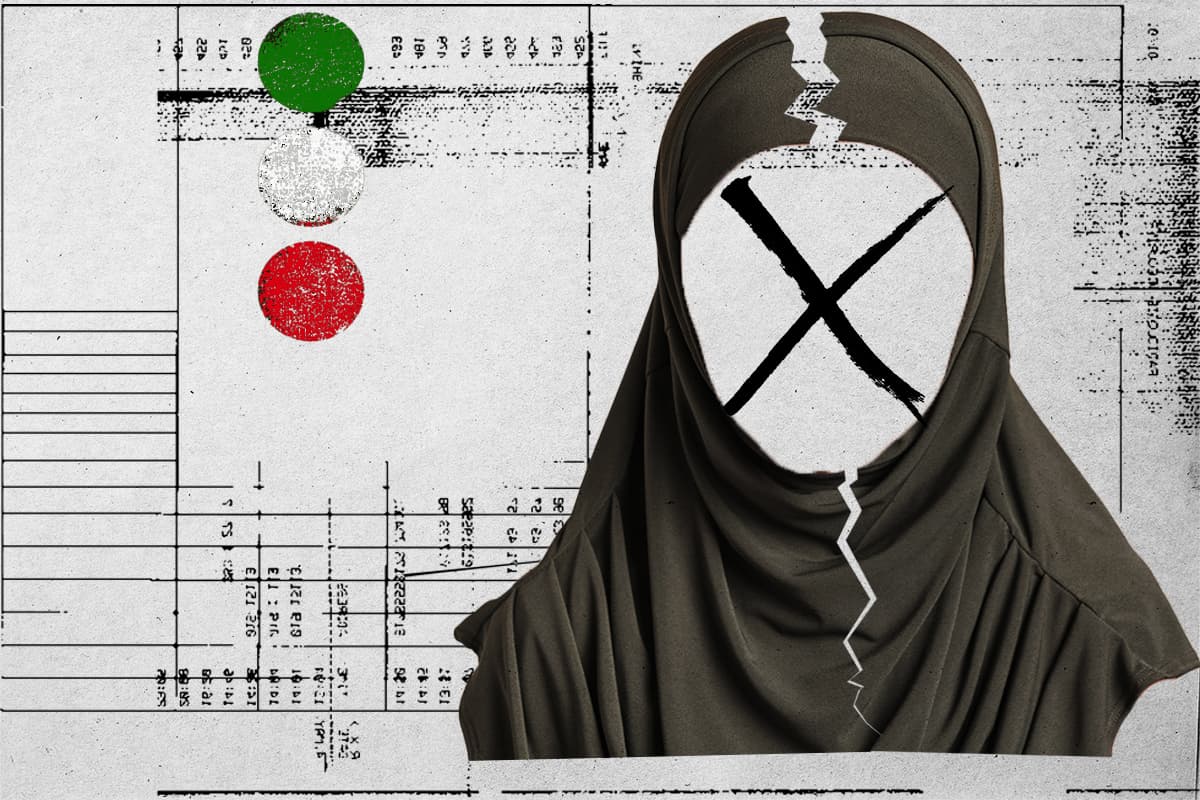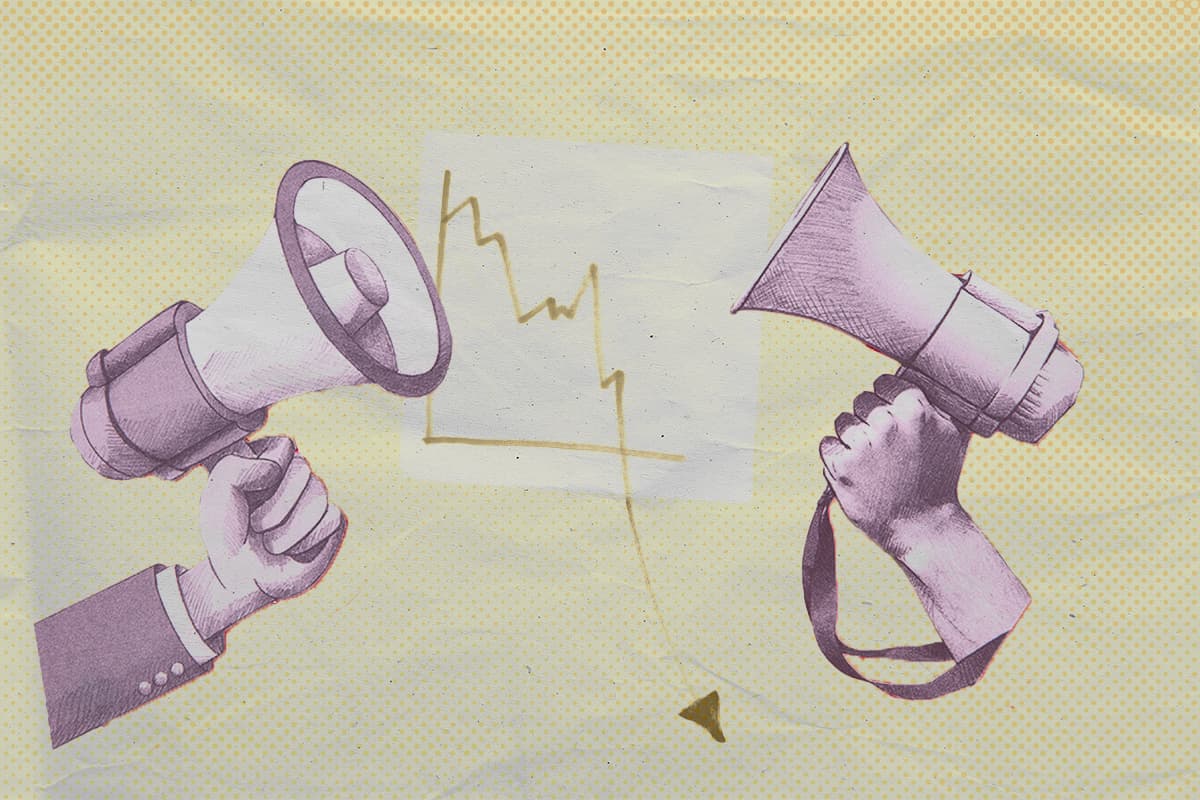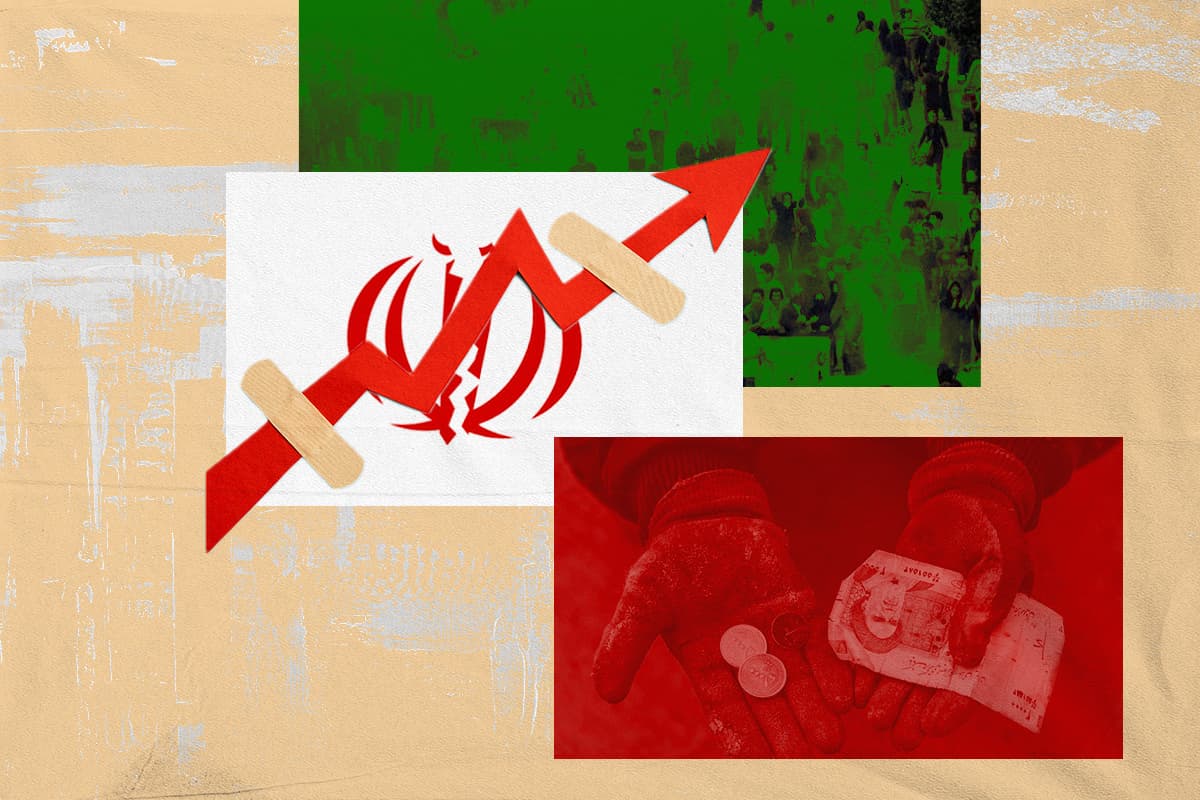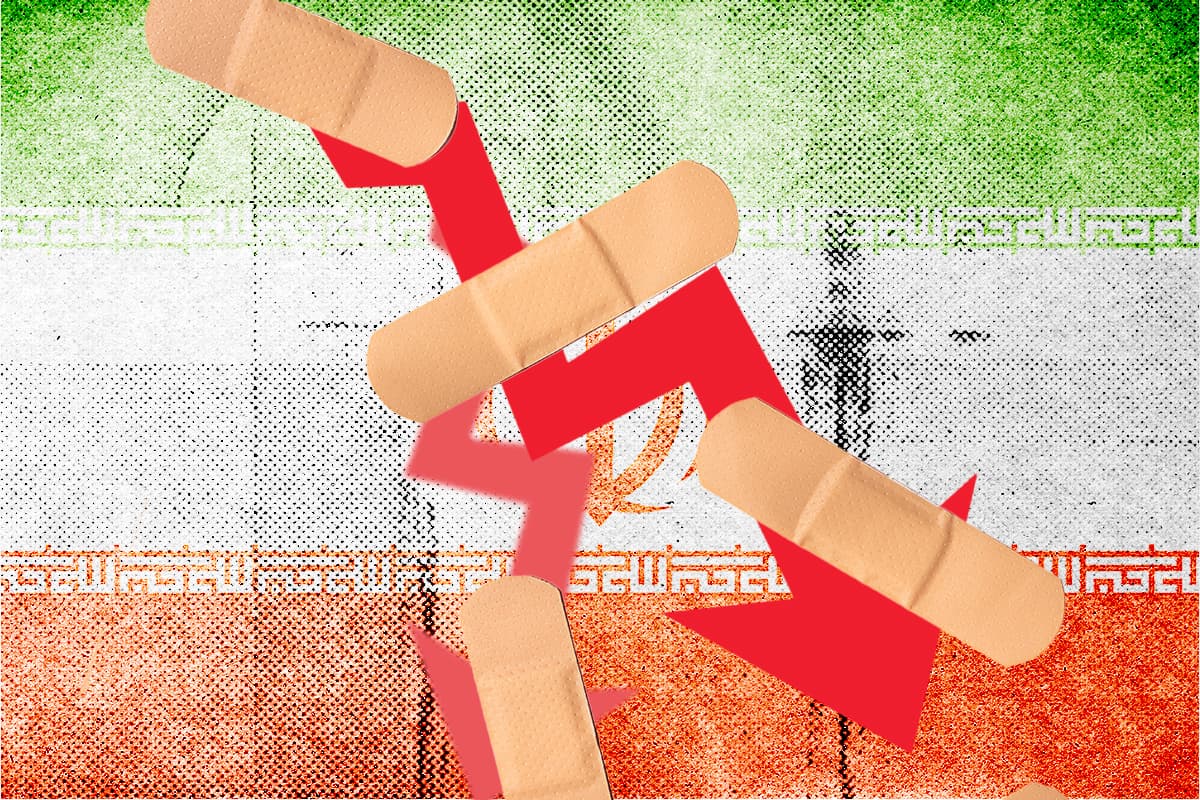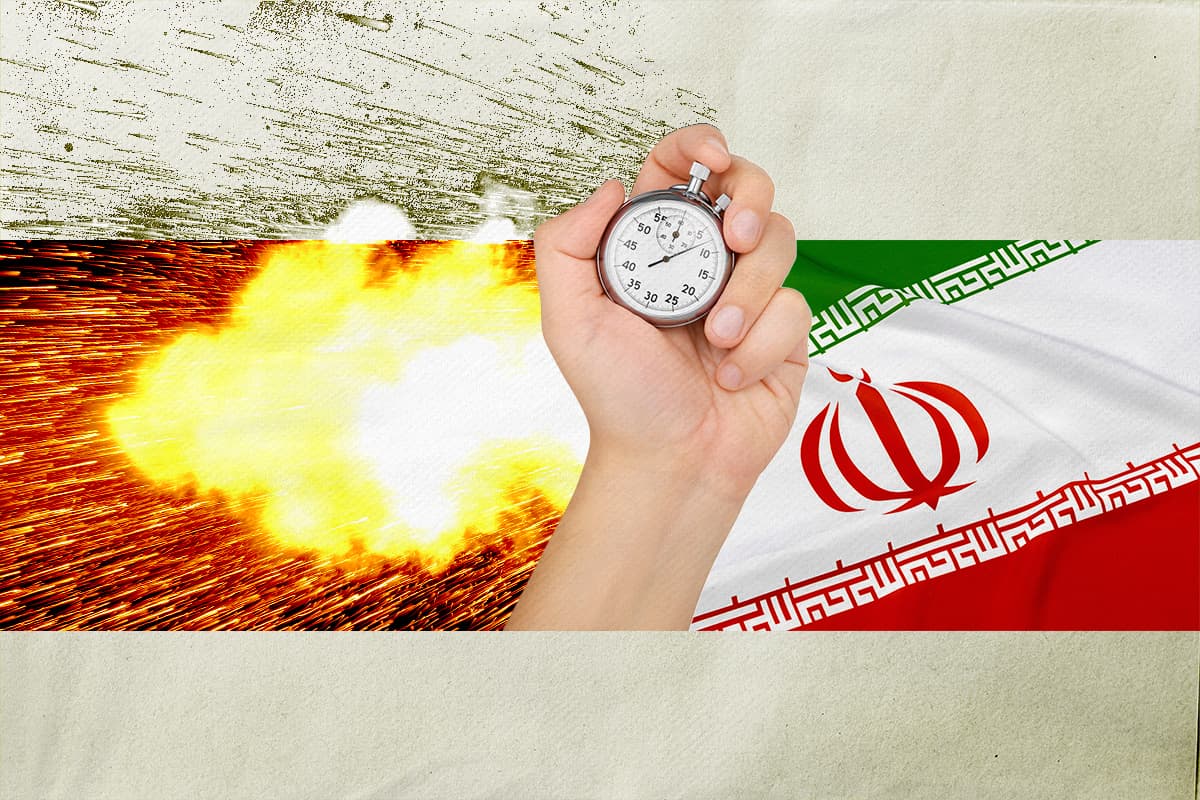President Ebrahim Ra’isi’s political fortunes seem to be tied to his handling of the economy. Not only are his prospects of replacing the aging Ali Khamenei as supreme leader tied to solving mounting economic problems, so too are his chances of winning a second term as president in 2025. As pundits are pointing out, however, among the elements that currently stand in Ra’isi’s way are the sanctions and his conduct of Iran’s foreign relations. The mounting inflation, deficit spending, depreciation of the rial, overreliance on bartering with China, and lack of transparency and accountability are parts of a long list of grievances that have led to a distrust of Ra’isi’s economic team and, consequently, Ra’isi himself.
An MP in the “revolutionary” Twelfth Majles, which was supposed to be an ally of Ra’isi, is warning of economic implosion if the tuman-to-dollar exchange ratio reaches 100,000:1, given that it has already broken through the 70,000-tuman barrier. Economists are questioning the validity of President Ra’isi’s claims of 6-percent economic growth, pointing out that this growth is primarily driven by unsustainable oil revenues. Moreover, they argue that such growth is negligible when measured against a staggering 52-percent inflation rate. There are also transparency problems associated with the oil revenues. In 2023–24, Iran’s crude oil export revenues reached $36 billion. Yet the administration has not disclosed how or in which sectors this foreign exchange income was spent. “Aside from top-secret defense and intelligence spending, why does the administration not release its sector-by-sector expenditures?” economists are asking. There is also increasing speculation that the administration is engaging in barter arrangements with Chinese businesses across various sectors—including the motorcycle parts industry, automobile manufacturing, household appliances, and construction—to manage Iran’s dollar reserves held in China. Consequently, Iranian importers of these products are required to remit the equivalent amounts in rials to the Iranian government. The detriment to the Iranian economy from the most-favored-nation status granted to China is evident, with the administration insisting on awarding large, non-competitive contracts to Chinese companies even for building residential homes and sports complexes in Tehran. There is also a general lack of trust in Ra’isi’s claims about the state of the economy and his supposed achievements. Ehsan Khanduzi, Ra’isi’s minister of economy, claims the budget deficit has been closed without borrowing from the Central Bank of Iran (CBI). However, close analysis of the data contradicts this claim. Not only has the administration evidently failed to halt the monetization of its deficit, it has actually exacerbated the problem. By February 2023, the government’s debt to the CBI had nearly doubled to 303 trillion rials. The borrowing has resulted in the printing of over a third of the nation’s currency as fiat money without the necessary backing in asset, thereby significantly increasing liquidity and inflation due to deficit financing.
One piece of good economic news for Iran’s private sector is that as part of the Seventh Development Plan, it is poised to gain stakes in oil investments. The plan mandates the competitive assignment of exploration and exploitation activities to private concerns or ministry of oil subsidiaries, aiming to transfer 2 percent of the nation’s production capacity to non-governmental entities by the third year, increasing to 5 percent by the plan’s conclusion. Amidst ongoing sanctions, this initiative is expected to bolster both the private sector and financially constrained projects, breaking decades of exclusive government control in the oil industry.
Nevertheless, criticism of the administration’s fiscal and monetary policies continues. Despite criticism directed at the economic team, especially Khanduzi, many argue that replacing one official or even the entire team is unlikely to resolve these serious economic issues. This, in turn, has fueled speculation that Ra’isi has a slim chance of securing a second term. Editorializing in Donya-e-Eqtesad, Hosein Selahvarzi, who was ousted by the Ra’isi administration as president of the Iran Chamber of Commerce, penned an article entitled “The Certainty of Uncertainty.” Selahvarzi points to another direction for Iran’s economic problems, anticipating a difficult year ahead for the private sector and the economy in general. He contends that Iran’s economic problems are inextricably tied to political ones, specifically Iran’s international difficulties. Referring to sanctions and regional conflicts, he argues that the root causes of Iran’s current major economic crisis are political. In his view, the fear about the outcome of these regional political conflicts and the sanctions will make one thing certain: the continuation of uncertainty. And this uncertainty leads to the certain conclusion that Iran will not dig out of its economic crisis until it mends relations with the rest of the world.


